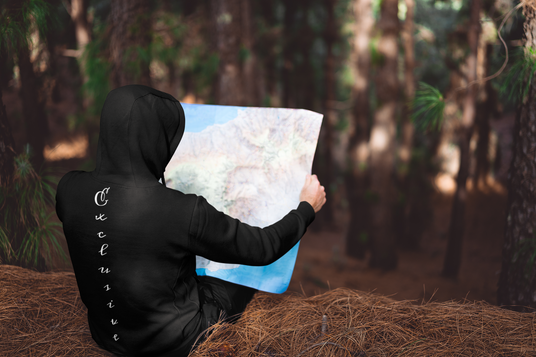T-Shirt collection
Hobbies Aligned
Unveiling Our Latest Collection Of Exclusive Tees, Each Meticulously Crafted With 100% Organic Materials
-
Up to 25% off
Bayview Exclusive
Billionaire Whale Signature Organic T-Shirt
$45.00 USD$60.00Unit price /Unavailable+12 -
Up to 25% off
Bayview Exclusive
Millionaire Shark Signature Organic T-Shirt
$45.00 USD$60.00Unit price /Unavailable -
Up to 33% off
Hoodies & Sweatpants collection
Each Hoodie & Sweatpants guarantee the best comfort in versatile environments collect your elements!!
-
-
New arrival
4Elements Jacket Launch Date
PRE ORDER YOURS TODAY VIST TRACK MY ORDER FOR LIVE UPDATES
4Element Jacket - Black / Small is backordered and will ship as soon as it is back in stock.
SHark & Whale T-shirt Launch
PRE ORDER YOURS TODAY VIST TRACK MY ORDER FOR LIVE UPDATES
New Arrivals
View All
Through the tunnel
Gear up for success with our game-changing collaboration! From performance-driven designs to trend-setting apparel, join the movement and redefine fashion with us exclusively. Sign up today and unleash the athlete within!
Houston rockets - Jasean Tate

Where to Next?
Stay tuned as we dive headfirst into the dynamic world of energy drinks. Our brand is on a mission to shake up the industry, bringing you a refreshing blend of innovation, taste, and performance. With an unwavering commitment to quality and consumer satisfaction, we're ready to energize your adventures and fuel your passions. Get ready to experience a new wave of vitality with us. Stay connected for updates and exciting developments as we carve our path in the energy drink market. Follow us @DrinkBayview
Pair some text with a product to highlight features.
Organic Hoodies & Sweatpants Bundle - White / Small is backordered and will ship as soon as it is back in stock.
















































































